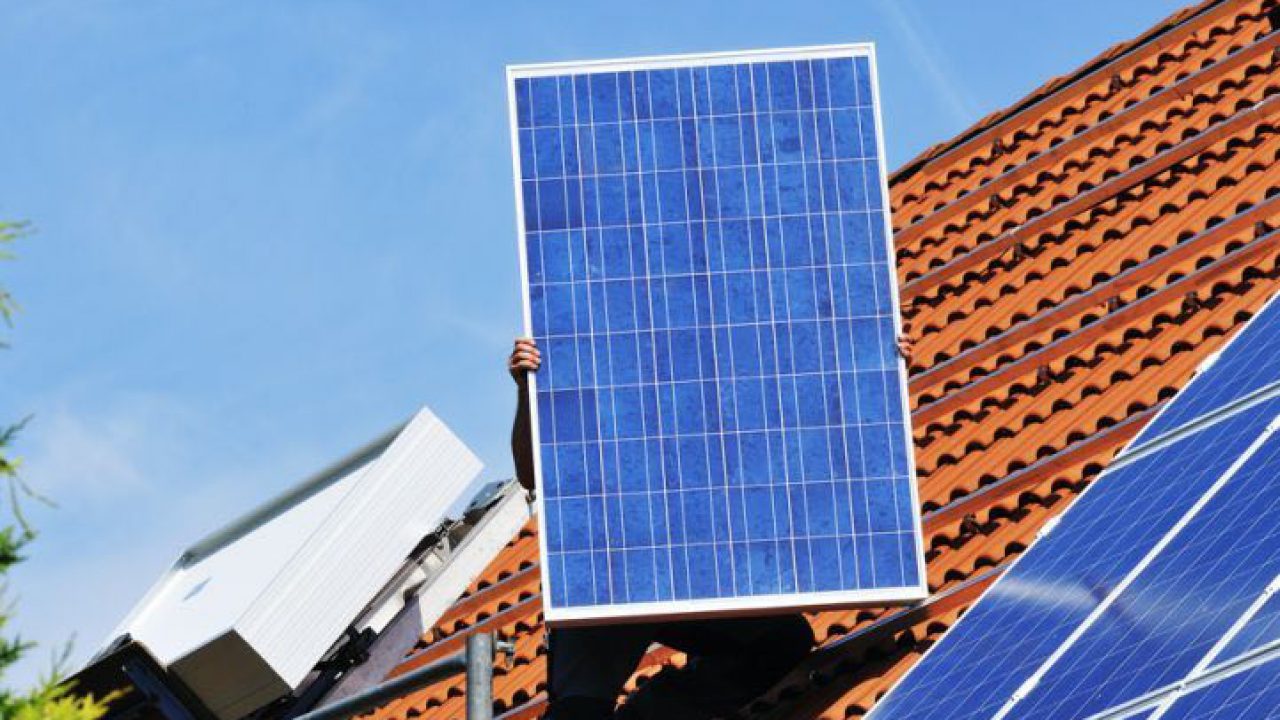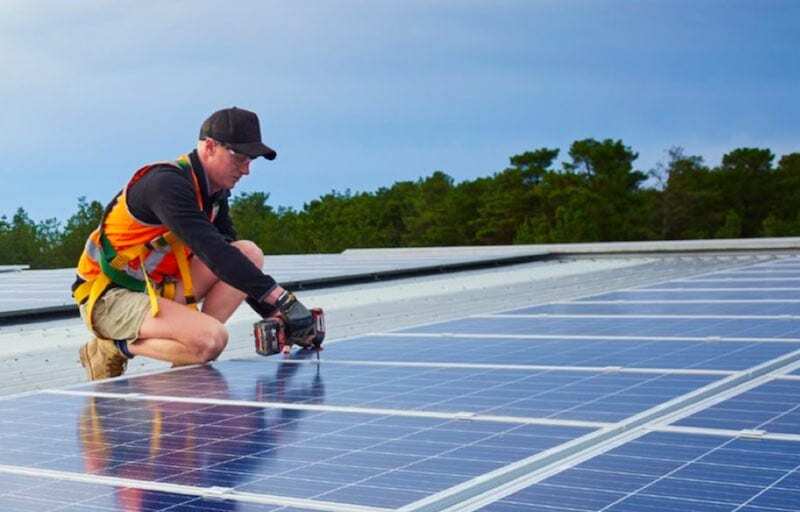3 Quotes Solar Scam


3 Quotes Solar Scam Complaints
It sounds too good to be true: you can go solar without paying a cent. I first mentioned this proposition, known formally as a power-purchase agreement, two years ago: a company such as SunRun or SolarCity installs panels on your roof at its expense and, in exchange, collects the government subsidies. But I never really grasped how it would work in detail, so I arranged for SunRun to send someone to my brother and sister-in-law's house this past weekend as a kind of test run. The sales pitch was so persuasive that my brother and his wife, who are probably the less impulsive consumers I know (they never buy so much as a computer cable without doing months of research), are seriously thinking of going for it.
3 Quotes Solar Scam Phone Calls

Our solar quote service is free and with no hidden costs! Just fill out our online quote form and you'll receive 3 quotes along with swift contact from reliable and professional solar panel installers who are ready to help. We connect customers and solar installers quickly and efficiently New Zealand wide, the hard work is already done.
- Used this site to get 3 quotes. Agreed to one of the quotes and paid deposit. Then i get an email asking if i had signed up and i click on the button to say 'yes i have' and now i notice there is a 4 star review on that companies site, which is also linked to the solar quotes site.
- Complaints against these two – among the largest providers – constituted nearly 56 percent of all the complaints consumers filed with the FTC about solar companies. Among other things, consumers reported poor customer service and being tricked into buying solar panels.
The first thing a smart shopper wants to know is: what's the catch? In this case, it's simple. Installing panels is so financially advantageous that SunRun can split the benefits with you and still turn a tidy profit. That profit would be all yours if you paid for the array yourself, as I did. The SunRun representative, Kelcy Pegler, Jr., of Roof Diagnostics (a local installer that SunRun contracts with), was very upfront about this: 'Your return will always be better off buying it.' But then you'd need to float the cost and take the risks. The question becomes: do you want to?
Pegler started off by walking around the exterior of the house to inspect the roof exposure and tree shading, confirming an earlier analysis he had done using aerial images. SunRun won't even offer you a free array unless your roof faces approximately south and has minimal shading. They run the numbers for your site and see whether they can recoup their costs—it's all very hardheaded. As it happens, my brother and his wife's house qualified. For fun, we asked Pegler what would happen if they wanted to put the panels on the northwest side of the house rather than the southeast. Then SunRun would have politely declined.
We went inside, had some lemonade, and Pegler looked over the household electric bills. Government subsidies will only pay for an array that covers a family's annual electric usage—if you want to become a net producer, you'll have to fork out for that yourself. In my brother and sister-in-law's case, it didn't matter: the array size was limited by their roof area, anyway. A system of that size would cost about $30,000, before subsidies.
When Pegler explained the zero-dollar option, we Mussers looked at one another in surprise. It sounded like a real letdown. In return for letting SunRun install and maintain the array, my brother and sister-in-law would save 10% on their electric bill. Ten percent? That's it? To be more precise, they'd commit to buying all the expected array production at a rate of 16.5 cents per kilowatt-hour, versus the utility rate of about 18.5 cents. As my brother later confessed to me, 'It's not really that exciting.'
Solar Quotes Australia
This is the tradeoff of a free system. Basically, you get to have only one zero. You can pay zero, or you can zero out your electric bill, but not both.
But as Pegler continued his pitch, the deal started to sound sweeter. SunRun limits its annual rate increases to 2.9%. By comparison, our utility rate has gone up about 40% since 2005, an average of 6% per year. The way it's going, it'll top 60 cents in 20 years, versus 30 cents for SunRun. So the 10% savings would grow steadily to 50% or even more if the government introduced carbon pricing.
3 Quotes Solar Scam Customer Service
The same logic applies to a self-financed system, but you need to factor in the maintenance costs. When SunRun pays, it has every incentive to watch the panels like a hawk. I talked to SunRun co-founder and president Lynn Jurich about this in April, after I wrote a post about problems with the quality of solar installations. She said SunRun contracts with Burnham Energy, a solar consultancy, to conduct quality-control checks. SunRun also monitors the output of each array for signs of trouble. Inverters tend to conk out after 10 years, and the company budgets for that. Jurich estimated that diligent monitoring can squeeze 30% more energy out of a system over its lifetime. Once, she recalled, the company noticed that all the arrays in one area were producing less power than expected. It turned out that ash from a forest fire had coated them, and the company sent out cleanup crews.
Pegler said the SunRun contract runs for 20 years, at the end of which my brother and sister-in-law would have the option of buying the system at its depreciated value. If they sell their house before then, the contract gets transferred to the buyers, unless they for some reason would rather not have cheap electricity, in which case the company would unbolt the panels from the roof and truck them away. SunRun sets up an escrow account to pay for continued maintenance in the case the company ever goes bankrupt.
So it really comes down to personal preference. On balance, I'm happy I bought my system. (Besides, SunRun didn't operate in N.J. at the time I got my array.) But dealing with all the bureaucracy and upfront costs was really a hassle, and I suspect that most people would rather put their time and money elsewhere. I'd love to hear about your experiences. Please comment below or email me directly.
3 Quotes Solar Scam Alert

P.S. Whenever I mention government subsidies for solar power, people write in to complain about wasting taxpayer and ratepayer money. Living in a state (N.J.) that consistently subsidizes the rest of the country by paying more in taxes than we receive in Federal spending, I have some sympathy for this grievance. So, yes, let's eliminate subsidies—starting with those that make electricity from oil, gas, and coal artificially cheap. But until the playing field is level, it's inconsistent to complain about solar subsidies. Besides, the solar industry is already weaning itself. State rebates are much less favorable than they used to be. Jurich she said she looks forward to the day when solar can stand on its own: 'The best thing we can do is to get off subsidies.' So please, don't hijack the thread to complain about solar subsidies.

Photos by Bret Musser